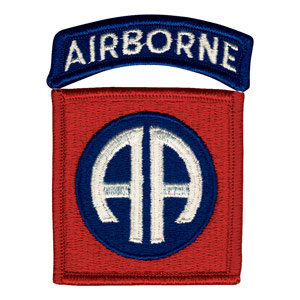Robert Cord Foster
1966 – 2021
I bid farewell to a friend today. I’m not quite sure what should be said, but one thing is certain: A writer’s responsibility is to face and recognize his friend’s departure with carefully chosen words. It is a responsibility owed to his friend’s family and to others experiencing the same grief.
Cord’s wife called very early one morning this week, and when she said, “This is Roxanne,” I knew at that moment what I faced—grief so deep that words would be but weak vessels to describe it. He had died in the crash of his crop-duster aircraft. I am fortunate in as much as God has blessed me with several such friends as Cord Foster, people closer to me than many of my own family. This long ago left me with the selfish wish that they might all outlive me. Cord did not.
There are so many things, so many emotions, so many thoughts I want to express, but the task exceeds my abilities as a writer. To know Cord—that is to truly know him beyond the grumpy old façade that hid his heart—was to know the man to whom Roxanne had given her heart. I knew that Cord Foster.
Roxanne called me from Cord’s cell phone. She was able to call because she is the kind of woman only Cord Foster could have loved. I say this, because Roxanne went to the crash site where her husband died only days before, searched, and found Cord’s cell phone so that she might call his friends. Think about the courage this took.


I met Cord only a few years ago, but we have sat in the deer stand together, and watched the sun set on the Mississippi Delta, while sharing a flask of Evan Williams. We also shared a lot of personal thoughts on everything from God to our families, and our friends. Cord also helped me with the technical aspects of my soon to be published novel, something that now seems trivial compared to the reality of his loss. I’ll dedicate it to him when it’s published. It’s a weak gesture, but it’s all I can offer.
Many years ago, Cord, like his father, flew aircraft for the United States Department of State. His father flew in southeast Asia. Decades later, as a young man, Cord flew in South and Central America. They didn’t get to wear uniforms with ribbons and medals, and frankly, much of what they did in the service of their country was considered classified. I speak from a position of knowledge and my intent here is only to express to you, his friends and family, that Cord deserves no less respect than any decorated military veteran.
To say goodbye to a friend is never easy, but I say so with the knowledge that someday we hope to share with him again those same blue skies, tailwinds, and blessings we wish for all our departed friends. Cord, I say to you, and I say to Roxanne, you will be my friends always and forever.
Fly high.



